Try as competitors might to dethrone Nintendo in the handheld gaming side of the industry, they just… can’t. Many have tried, and all have failed. The next competitor, the Steam Deck, is coming soon and has a chance to finally be different enough to carve out its own real estate.
But what about those who have come and passed? Here are just a handful of Nintendo Handheld competitors that failed.
The Playstation Portable Let Users Take Movies on the Go
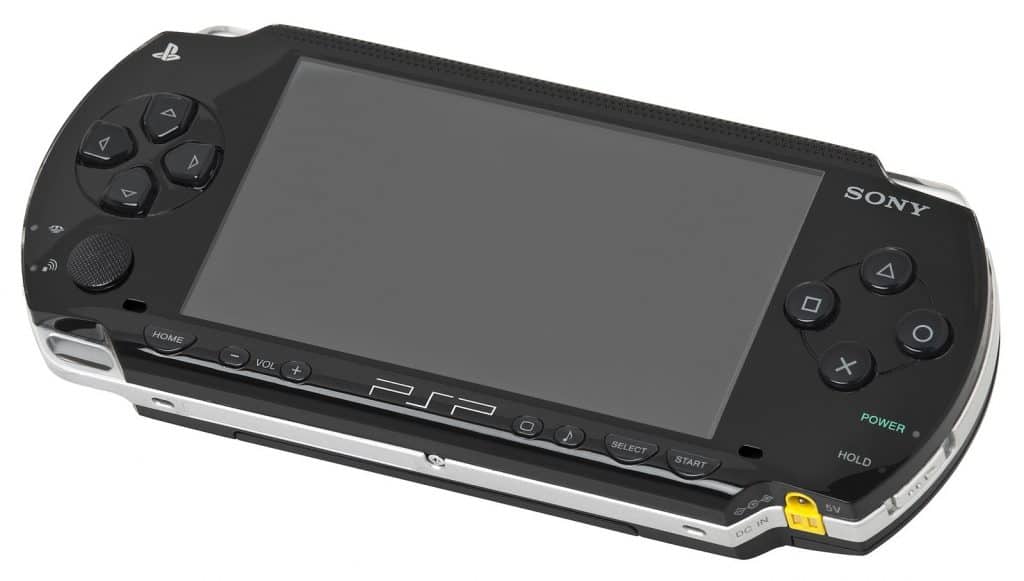
Before mobile streaming made watching movies on the go way too easy, there was the Playstation Portable. Released in direct competition with the Nintendo DS, the PSP held its own, selling 80 million units. But compared to the DS’ 154 million units, it just couldn’t overcome Nintendo’s chokehold on the market.
It’s a shame, too, because the PSP brought UMDs to the market. Players could buy movies to watch on the system, which became one of its major selling points. It was also a more powerful console with richer visuals and smoother gameplay.
Some major titles released on the PSP included Grand Theft Auto: Vice City Stories, God of War: Chains of Olympus, and Metal Gear Solid Peacewalker.
The Sega Nomad Was the First True Mobile/Home Console
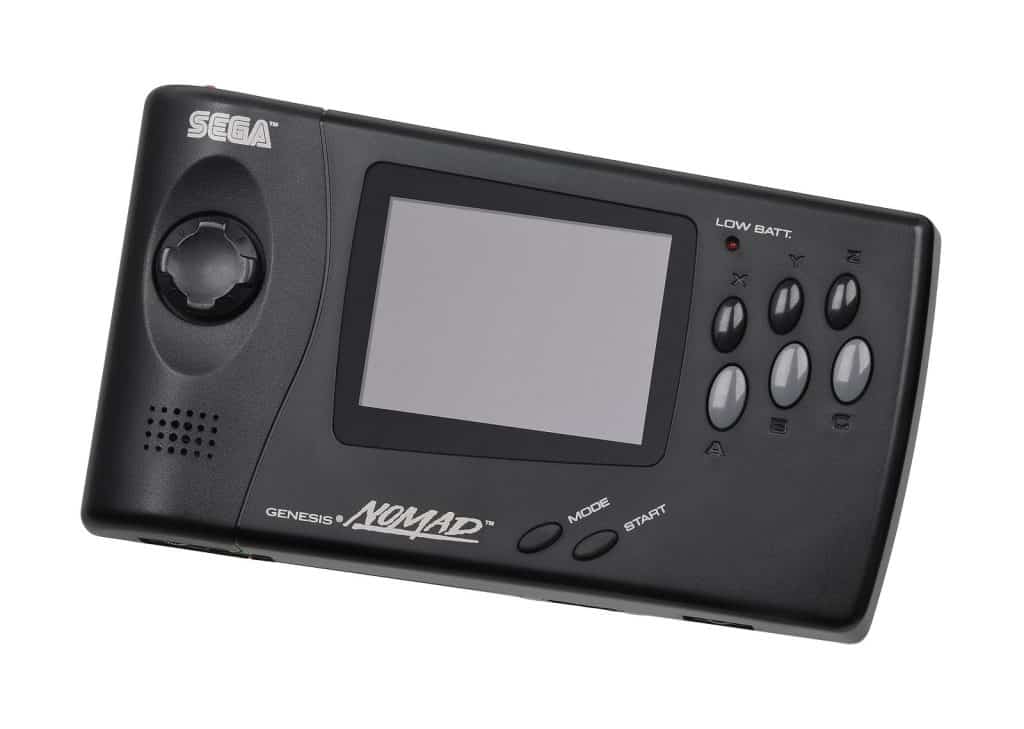
No, you could not hook the Sega Nomad up to a dock connected to your tube tv in the ’90s to play games. Instead, Sega promised that you could take their console games on the go – and they delivered! Owners could play full Sega Genesis games without limitations.
Well, there was one minor limitation. To run the system you needed six AA batteries. And once those were in, you only had about 2-3 hours of on-the-go gaming before you needed to pop more in. The Nomad was also not exactly pocket-sized, making carrying it around everywhere, especially at school (you know you did!) pretty much impossible. Maybe that’s why baggy jeans were so popular in the ’90s?
The Neo Geo Pocket Color Wrangled Impressive Exclusives
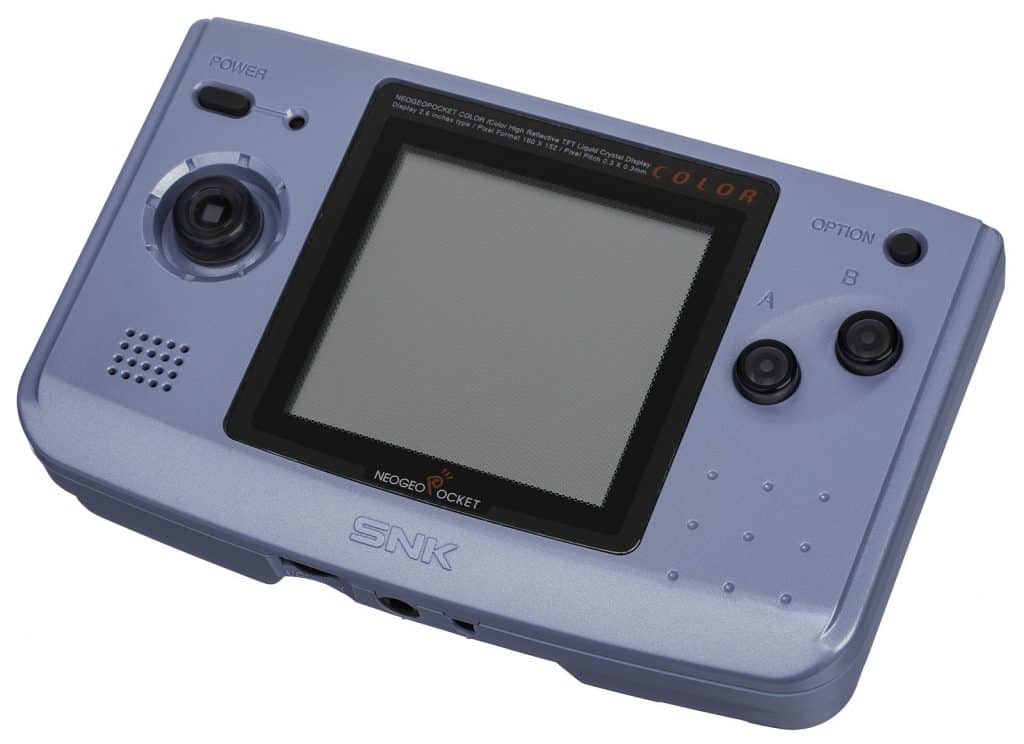
Around the turn of the century, Nintendo was planning to move on from the Game Boy Color to the Game Boy Advance. At the same time, most of their market competitors were bailing out, knowing their efforts would be fruitless. SNK refused to die, though, and jumped ahead of the Game Boy Advance release by two years with the Neo Geo Pocket Color.
SNK released several critical hits on the system, including system exclusives like SNK vs. Capcom: Match of the Millenium. This should have been enough for the Pocket Color to stay relevant in the market. Nintendo was relying heavily on ports to carry the Game Boy, playing in their rival’s favor. The monster proved too powerful, as seems to always be the case, and SNK filed for bankruptcy in late 2001.
The Playstation Vita Almost Won Fans Over With Two Anolog Sticks
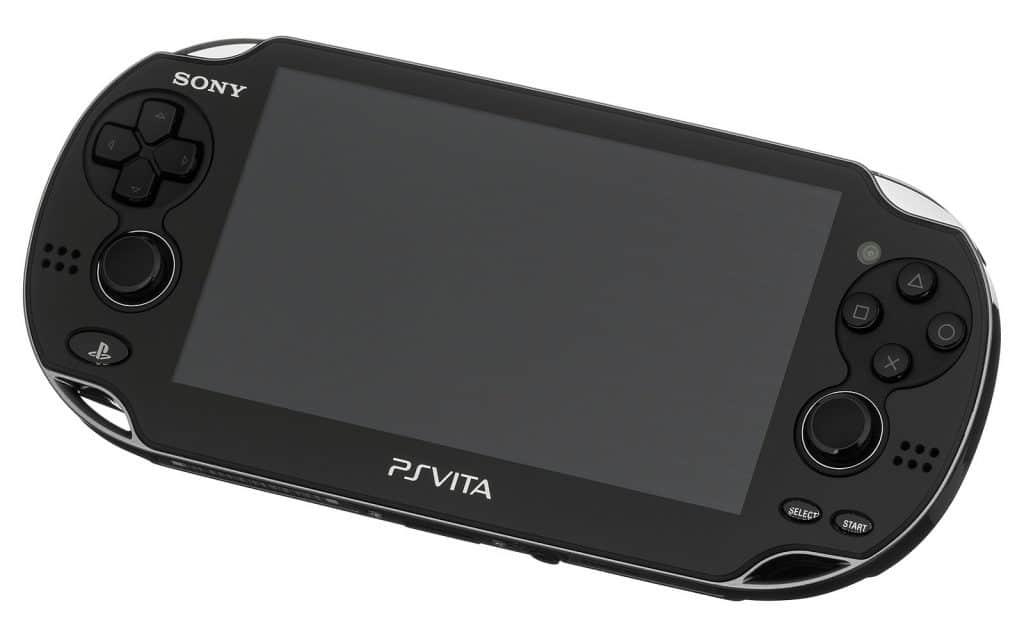
As Nintendo upgraded the DS with the 3DS, so too did Sony see an opportunity to upgrade the PSP. Right as the 3DS was released, the PlayStation Vita hit the market and brought a second analog stick with it. For gamers looking to replicate the home gaming experience on the road, this was a huge deal.
Sony also promised users that the Vita could run the same exact games that the Playstation 3 could. With the mobile gaming market on the horizon, Sony was poised to take a commanding head start. Unfortunately, the Playstation Vita was just a flat-out failure. And what was the setback that likely killed it? You had to buy an endless number of expensive memory cards to be able to play games.
The Sega Game Gear Was the First Handheld With Color
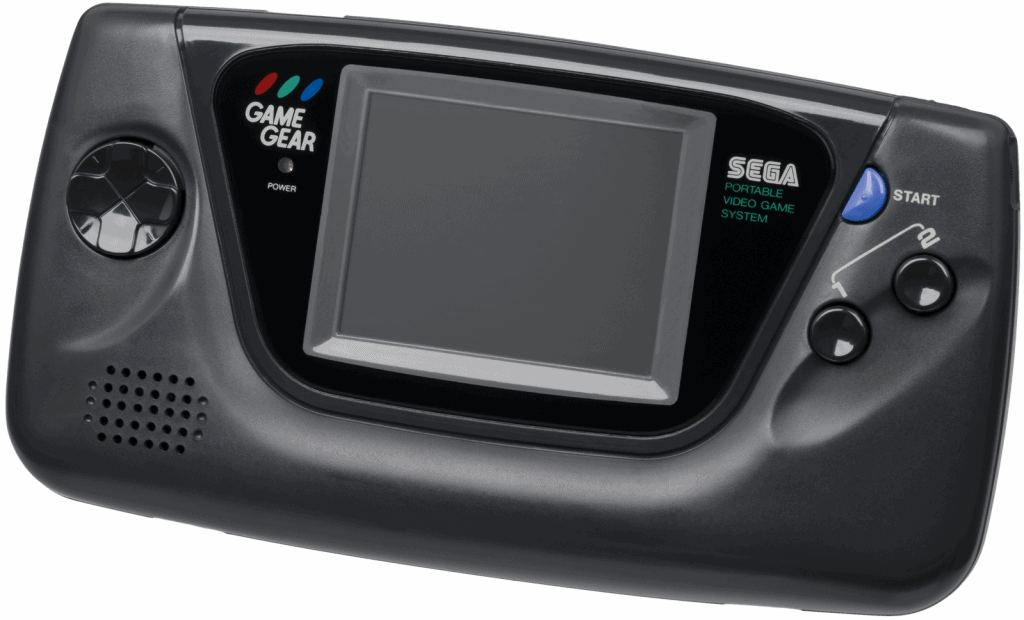
Sega didn’t wait to start battling it out with Nintendo for handheld dominance. The Game Boy was released in 1989, and with a wide-open market, the Game Gear soon followed. The Sega system was roughly as powerful as the Sega Master System, meaning it could display thousands of colors, something the original Game Boy couldn’t.
So if the Game Gear was more powerful, and came out at the start of the handheld wars, where did it fail? The system was moderately successful, but to be blunt, Sega was just doing too many things. The company had to make sure new games were coming out for Genesis, while also developing the Sega Saturn at the same time. And there was the Sega CD and the 32X, too. There just wasn’t enough love to spread around.
Will Steam Deck Break the Pattern?
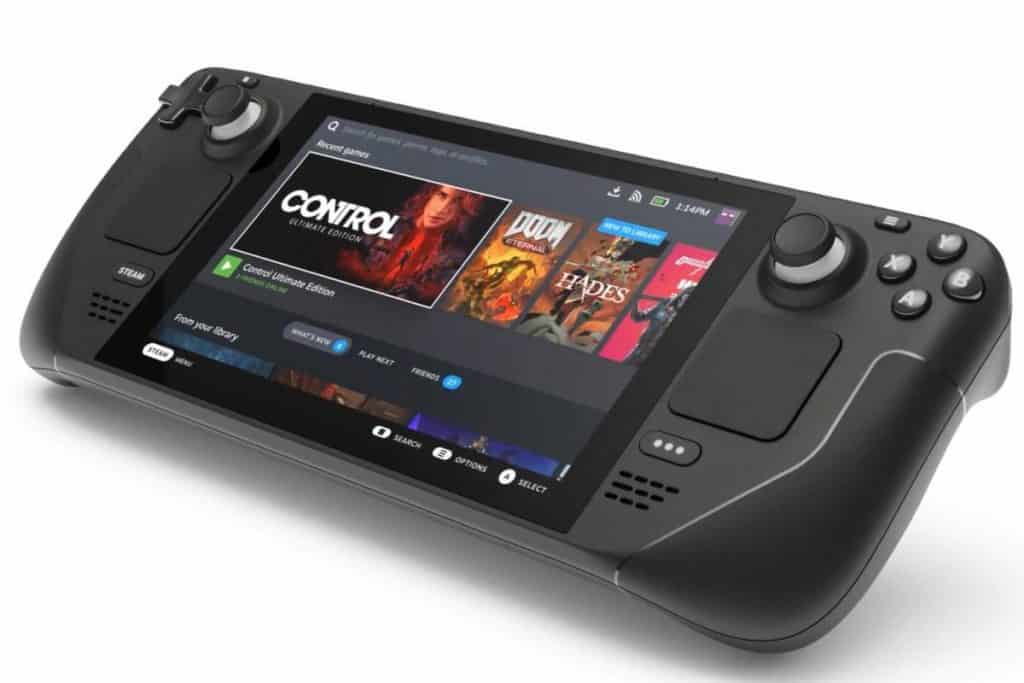
Set to finally release sometime in 2022 (fingers crossed), the Steam Deck is hoping to revolutionize the handheld market. Not looking to take a chunk of Nintendo’s market, Valve simply wants to make the PC gaming market a portable one. Step one in that goal is making sure that every game available on the Steam market can be played on a high-powered handheld device.
Like the Switch, the Steam Deck will be able to be docked so gamers can play on their television, too. Personally, I have high hopes for the Steam Deck. The reported production delays are the result of a high number of pre-orders (a good thing!) and a shortage of parts (a bad thing!). If Valve overcomes its production issues and delivers a machine capable of everything promised, I have no doubt that it will find its home in the on-the-go gaming market!


